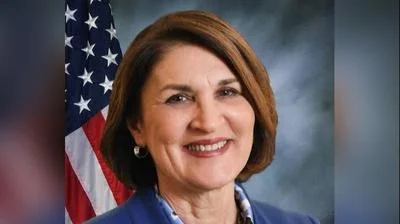More Illinois businesses are getting taken to the cleaners to pay for state overspending -- including dry cleaners themselves, industry experts are arguing after Senate passage of a budget measure on Tuesday.
“Our members are not in favor of (the bill),” Sue Kratz, executive director of the Illinois Professional Drycleaners & Launderers, told the Sangamon Sun.
The bill, sponsored by Sen. Toi Hutchinson (D-Olympia Fields), would increase taxes on a new range of commercial services, including dry cleaning, landscaping, video streaming and some types of home improvement.
The Home Builders Association of Illinois has said the measure would cut hundreds of jobs and delay or defer millions of dollars’ worth of work. Lost work means lost taxes for the state as well, the group said.
Kratz said the dry cleaning industry has already lost a lot of business over the past 15 years, as clothing trends have changed dramatically. No-iron clothes and the popularity of casual attire have made some demand for dry cleaning obsolete, and cost-conscious shoppers often make additional cuts in these types of services with routine belt-tightening.
“It’s just another nail in the coffin,” Kratz said of the bill.
She said that one way dry cleaners might manage is to expand their operations to other more popular services, such as commercial and residential laundry.
“It’s not going to be your typical shirt-and-tie,” Kratz said, citing the universality of a “user fee” with the pending bill that will be an even bigger deterrent for households thinking about getting items dry-cleaned.
“It’s another reason for them not to go,” Kratz said.
Like others, Kratz said argued that legislators should look at cutting expenses rather than trying to raise revenues on the backs of businesses in specific industries.
According to Bureau of Labor Statistics estimates, Illinois dry cleaners employ between 2,470 and 4,610 workers. Across the country, more than 100,000 people are employed in the dry cleaning industry, with the largest concentration of the businesses in areas like New England and the populous Eastern seaboard, as well as large, high-population states like California, Texas and Florida.
The Senate passed the budget along party lines, without any Republican support. It is now under consideration by the House.






 Alerts Sign-up
Alerts Sign-up